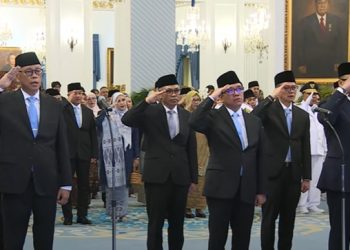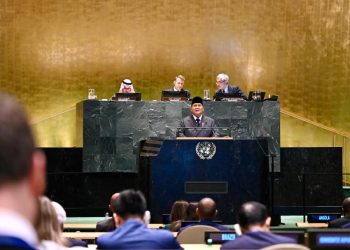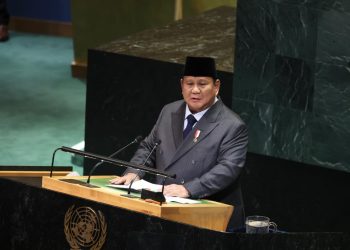Jakarta, Indonesia Sentinel — Thailand government has officially submitted a draft law to legalize gambling and casinos. Thai Cabinet approved the controversial draft legislation on Monday, January 13, 2025, that would allow gambling in entertainment complexes designed to aiming to enhance tourism, create new jobs, and attract investment.
These complexes are envisioned to include casinos alongside theme parks, water parks, hotels, and shopping centers. However, details regarding proposed locations and construction timelines have not yet been disclosed.
Prime Minister Paetongtarn Shinawatra confirmed the move, emphasizing its potential to boost state revenue and provide better protections for the public. “Legalization will protect society while generating more state income,” Shinawatra said, as reported by Reuters.
The draft legislation, which still requires parliamentary approval, is designed to regulate gambling as part of large-scale entertainment hubs. The bill will first be submitted to the Council of State for review before being debated and voted on by lawmakers, a process that could take several months.
Thailand Gambling Landscape
According to Kumparan, most forms of gambling, including casinos, are currently banned in Thailand. Despite this, underground gambling, illegal lotteries, and sports betting thrive, with significant amounts of money circulating in these unregulated activities. Only a few types of gambling, such as horse racing bets and government lotteries, are legally permitted.
Neighboring countries like Singapore, the Philippines, Cambodia, Laos, and Myanmar have reaped substantial economic benefits from legalized casino complexes. Thailand’s lack of legal casinos has been seen as a missed opportunity for revenue generation and a disadvantage for its tourism sector.
Economic Potential and Job Creation
Deputy Finance Minister Julapun Amornvivat estimates that legalizing gambling could increase foreign tourist arrivals by up to 10% and generate 220 billion baht (approximately $6.3 billion) in revenue. Additionally, the move is expected to create 9,000 to 15,000 new jobs.
Despite the projected economic benefits, the proposal faces opposition from conservative groups in the predominantly Buddhist nation.
Post-Pandemic Tourism Recovery
Since the COVID-19 pandemic severely impacted Thailand’s tourism industry, the government has implemented various strategies to attract visitors, including easing visa requirements for travelers from China and India.
Read also : Greenland Residents React to Trump Proposal to Buy the Territory
While Thailand has previously attempted to legalize gambling as an economic stimulus, these efforts have consistently faced resistance from conservative factions. The legalization debate continues to highlight the tension between economic pragmatism and cultural conservatism in the country.
(Raidi/Agung)


























